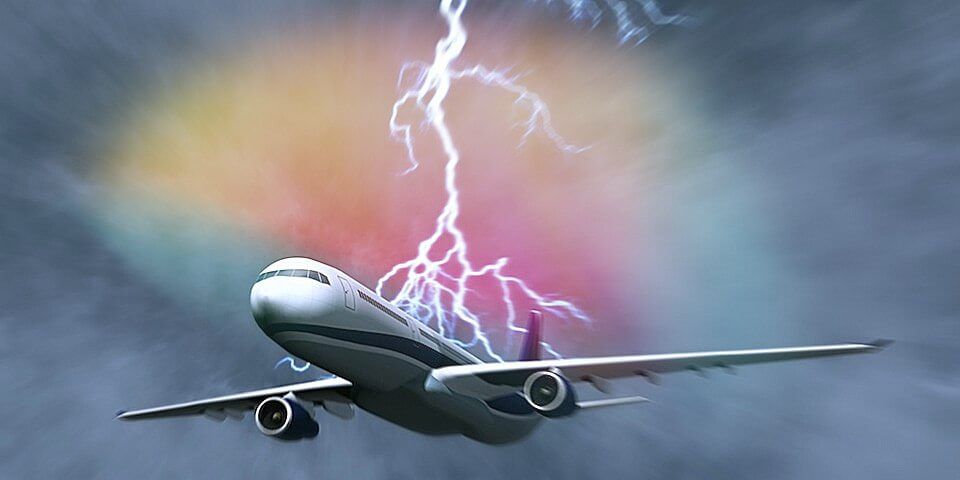The news of a plane crash sends chills down everyone’s spine, even those who’ve never set foot on an aircraft. If you’ve felt uneasy or outright terrified at the thought of flying, especially after hearing about a recent plane crash, you’re in good company.
Many people, even those who’ve flown dozens of times, suddenly find themselves gripped with fear. “What if it happens to me?” “How do planes even stay in the air?” “Maybe I should just take a night bus.”
These thoughts are natural. Tragic events like plane crashes shake us deeply, not just because lives are lost, but because they tap into our sense of vulnerability. And in a country like Nigeria, where trust in infrastructure can already be shaky, it’s not surprising that some of us are now side-eyeing airports and praying extra hard before takeoff.
But before you cancel that trip or swear off flying for life, let’s take a breath and talk about what you’re feeling, and what you can do about it.
Why you’re feeling this way
Post-crash anxiety is a form of anticipatory trauma, a psychological response to a tragedy we witnessed, even if from afar. When a plane crash happens, especially if it’s close to home, people don’t just grieve; they imagine themselves in that scenario.
It’s a form of vicarious trauma, where you internalise the fear and begin to anticipate danger even in safe situations. This fear is often amplified by graphic videos, photos, or constant speculation on social media.
The mind begins to associate flying with danger, even though statistically, flying remains one of the safest modes of transportation globally.
But how safe is flying, really?
Let’s talk facts for a second. According to the International Air Transport Association (IATA), the odds of being in a fatal plane crash are less than 1 in 11 million. Compare that to road travel in Nigeria, where thousands of people lose their lives every year in car accidents often due to poor roads, reckless driving, or lack of emergency response.
We’re not saying fear isn’t valid, we’re just saying it’s not logical.
READ ALSO: Only survivor in Indian plane crash recounts experience
So what can you do if you’re now afraid to fly?
1. Limit your exposure to graphic news
Watching crash videos on repeat or refreshing X (formerly Twitter) every two minutes won’t help. Stay informed, yes, but protect your peace too.
2. Talk about it
Don’t keep the fear bottled up. Tell a trusted friend or loved one. Talking helps to process your anxiety and detach it from irrational thoughts.
3. Learn how flying works
Sometimes, understanding the science behind flight helps ease worry. Why do planes shake? What does that sound mean? Pilots and aviation experts often post videos explaining common flying experiences. Knowledge is calming.
4. Choose your seat wisely
Some people feel more secure sitting over the wings or near exits. Others prefer aisles so they don’t feel “trapped.” Choose what makes you feel better.
RELATED: Plane Crash Survival: Where you sit could save your life
5. Practice grounded breathing
Breathing techniques work wonders. Before and during your flight, try inhaling slowly for four counts, holding for four, and exhaling for four. It grounds the body and mind.
A note to frequent flyers who suddenly feel afraid
It can feel disorienting when something you once did so casually suddenly feels terrifying. Be gentle with yourself. Trauma responses don’t always make sense, but they are real.
Your fear doesn’t mean you’re weak. It just means you care, about life, about safety, about the people waiting for you at the other end of your journey.
In the end, you may never love flying, and that’s okay. But don’t let fear rob you of experiences, opportunities, or reunions with people you love. Flying, as nerve-racking as it can be, is still one of the safest, fastest ways to see the world.
So if you find yourself praying from takeoff to landing, clutching the armrest, or humming praise songs under your breath, that’s fine. Do what helps you feel safe.
Breathe. You’ve got this.
RECENT: 10 things you should always buy second-hand to save money


